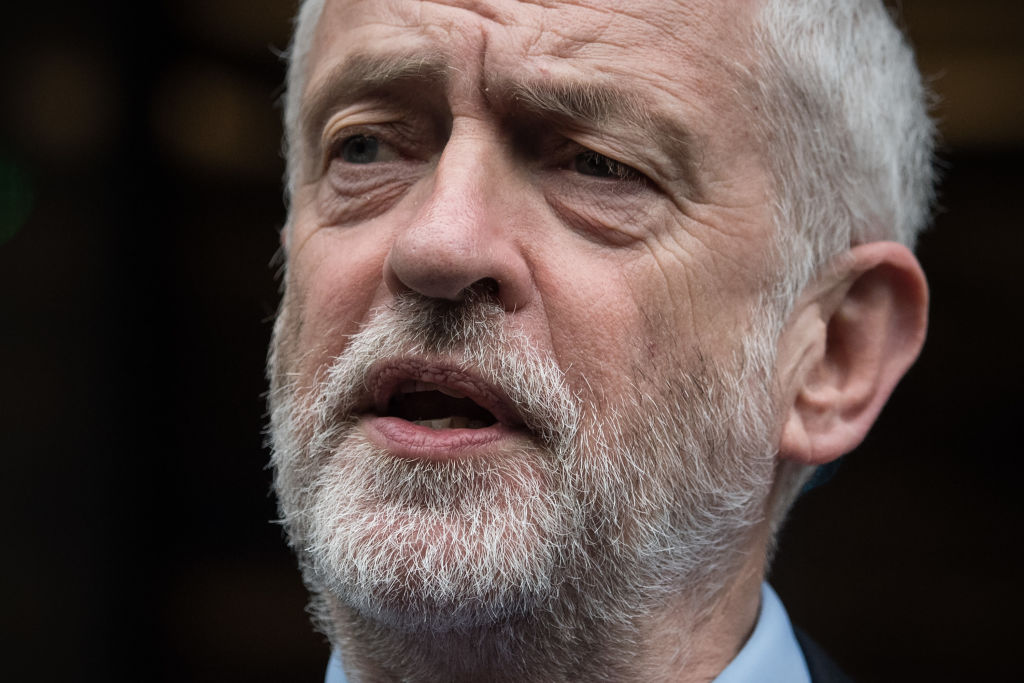Labour’s leaked manifesto is, predictably enough, a fiscal fantasy land with lots of spending pledges and rather few tax rises to pay for them – higher taxes for the top five per cent of earners would not necessarily earn an extra penny in revenue if they encouraged more avoidance or flight to tax havens. But does that mean it is all rubbish? Not at all. Conservatives would do well to refrain from the dismissive talk about the manifesto being a suicide note and recognise that there are some good ideas which they should emulate.
No conservatives, for example, should be sneering at a promise to scrap the plan to force small businesses to fill in quarterly tax returns, nor to base increases in business rates to CPI rather than RPI – the latter which tends to be higher and which the government several years ago scrapped as its preferred measure of inflation. If you are a small business reading Corbyn’s manifesto and comparing it with Phillip Hammond’s Budget speech, which jacked up National Insurance for the self-employed as well as confirming plans for quarterly returns, you could quite reasonably conclude that it was the latter who was the socialist with a hatred for the petty bourgeoisie.
Labour is right, too, to propose a National Care Service. At present, social care is administered by councils, of whose budgets it is swallowing an ever-increasing proportion. If your local roads are filled with potholes and your local park looks a bit uncared-for, it is quite likely because your council is struggling to fund social care and is squeezing other budgets instead. It would be far more logical and administratively-efficient if social care policy was run on a national basis – and councils left to look after the things they should be looking after.
As for Labour’s proposed re-nationalisations, taking the Royal Mail back into state ownership would be a monumental waste of money with no obvious benefit. But the same is not true of the proposal to take back railways into national ownership as franchises expire. That wouldn’t cost a bean in compensating shareholders and would might go some way to stop train companies ruthlessly exploiting their local monopolies. In contrast to many 1980s privatisations, the later, John Major-led British Rail privatisation has not been a great success. One of the whole points of it, surely, was to introduce competition. Yet what little competition was created initially has steadily been eradicated as franchises have been amalgamated – leading to the absurd situation where all trains on the London to Brighton line are now run by one failing operator ultimately part-owned by the French taxpayer. What was the point in privatising railways only to have them run as monopolies by other countries’ governments? If we can’t have proper competition, railways would be better in state hands where they are at least publicly accountable for their service and fares.
I can’t argue, either, with Labour’s plan to ban unpaid internships – which have become either outright exploitation or mechanisms to ensure jobs are monopolised by the children of the wealthy, who can afford to work without pay. Nor can I see that making three-year tenancies the norm would be a bad idea. Given the Conservatives’ failures on the housing market and the number of people – even on good salaries – forced to live precariously on six-month rental contracts, this could be a hugely popular policy.
There is much in Labour’s manifesto that I wouldn’t want to vote for, and there are a great many reasons why Theresa May would make a far better Prime Minister than Jeremy Corbyn. But anyone tempted to dismiss the manifesto as a suicide note, or make fun of the bungling way in which it has been introduced to the public, should take the trouble to read it.







Comments